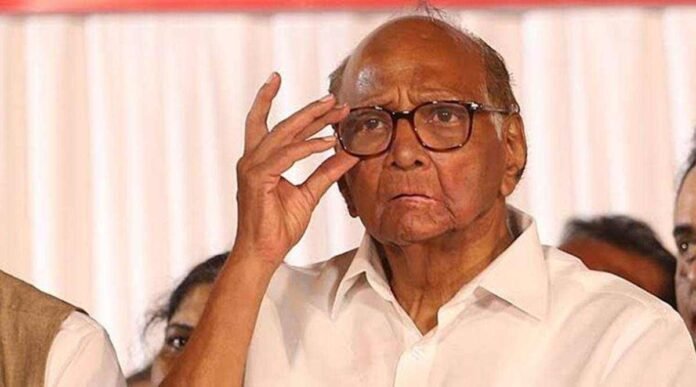Sugar industry should work on increasing diversion towards ethanol to escape sugar glut, which has proved to be a major problem for the sector, former Union agriculture minister and NCP supremo Sharad Pawar said on Tuesday.
Addressing the annual general body meeting of Pune-based Vasantdada Sugar Institute (VSI), Pawar also stressed on timely replacement of planting material to help farmers increase their per hectare production.
This was the second consecutive year when the meeting was held online, due to the ongoing Covid-19 pandemic.
Pawar cited production figures to ask the industry to stress on diversion towards ethanol. Nationally, Pawar said the country is likely to produce around 305 lakh tonnes of sugar in 2021-2021 with 34 lakh tonnes of sugar being diverted towards ethanol. “Even if we manage to export 60 lakh tonnes of sugar, there would be more than sufficient sugar in the country,” he said. Maharashtra is expected to produce 112 lakh tonnes of the sweetener. “The industry needs to look at ethanol as an important alternative so as to ensure its economics do not go for a toss,” Pawar said.
The central government has been pushing for diversion towards ethanol for the sugar sector since 2018. Differential price system has been introduced for ethanol based on whether it is produced directly from cane juice/sugar syrup or from C molasses. Most mills prefer generation of ethanol from B-heavy molasses as it allows them the flexibility to extract sugar from juice and also get ethanol to sell at a premium.
Major sugar-producing nations such as Brazil and Australia have mills which can switch between ethanol or sugar depending on the price of the end-product. Pawar urged the industry to go for such hybrid models.
Another area which the industry needs to work on is seed replacement, he said. Pawar said ideally every farmer should change their planting material every three years. Unlike other crops, farmers take repeated crops from a single plantation. Called ratoon, the second crop is grown from the stubble of the harvested crop. Mostly, farmers take four to five ratoons as treated seed material is not easily available.
Pawar lamented that enough is not being done towards timely replacement of planting material. “At times, cane, which is grown for seed purpose, has to be sold off as fodder as there is no buyer for that,” he added.





